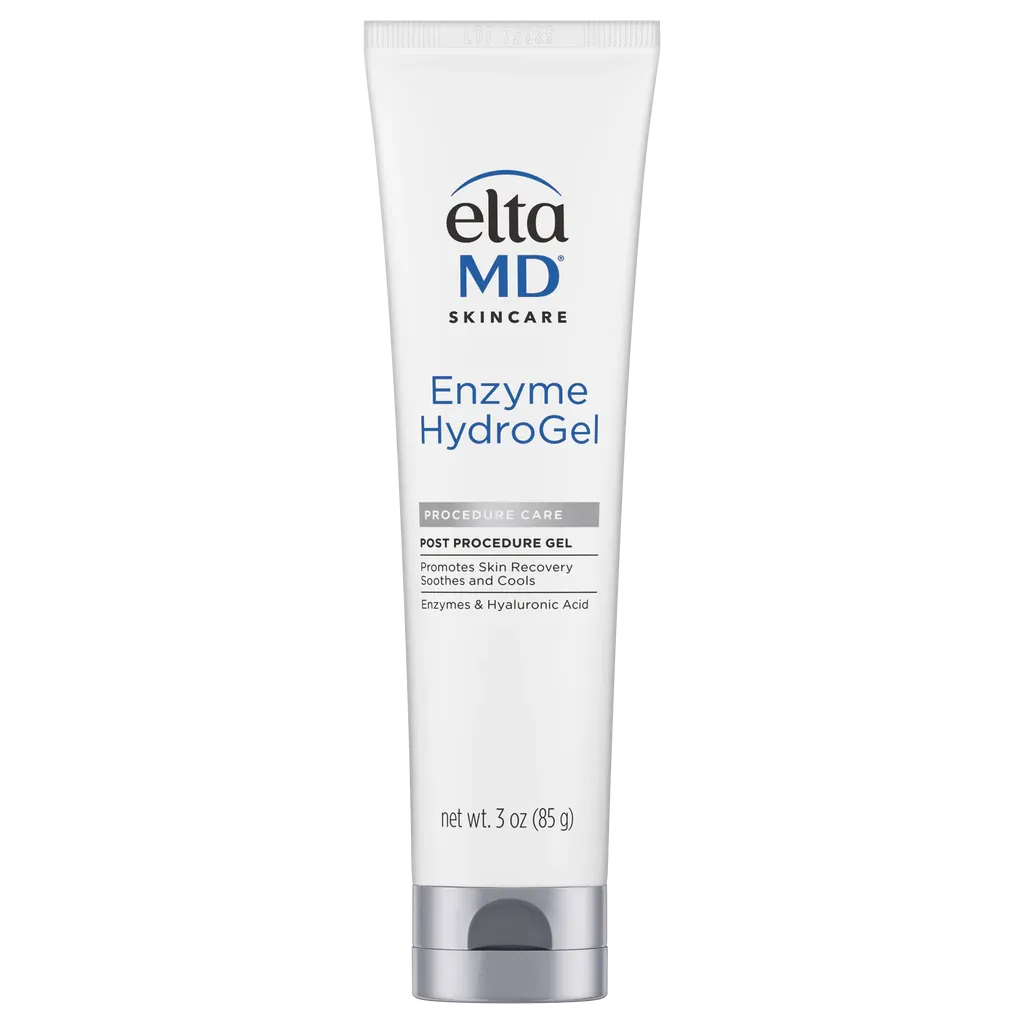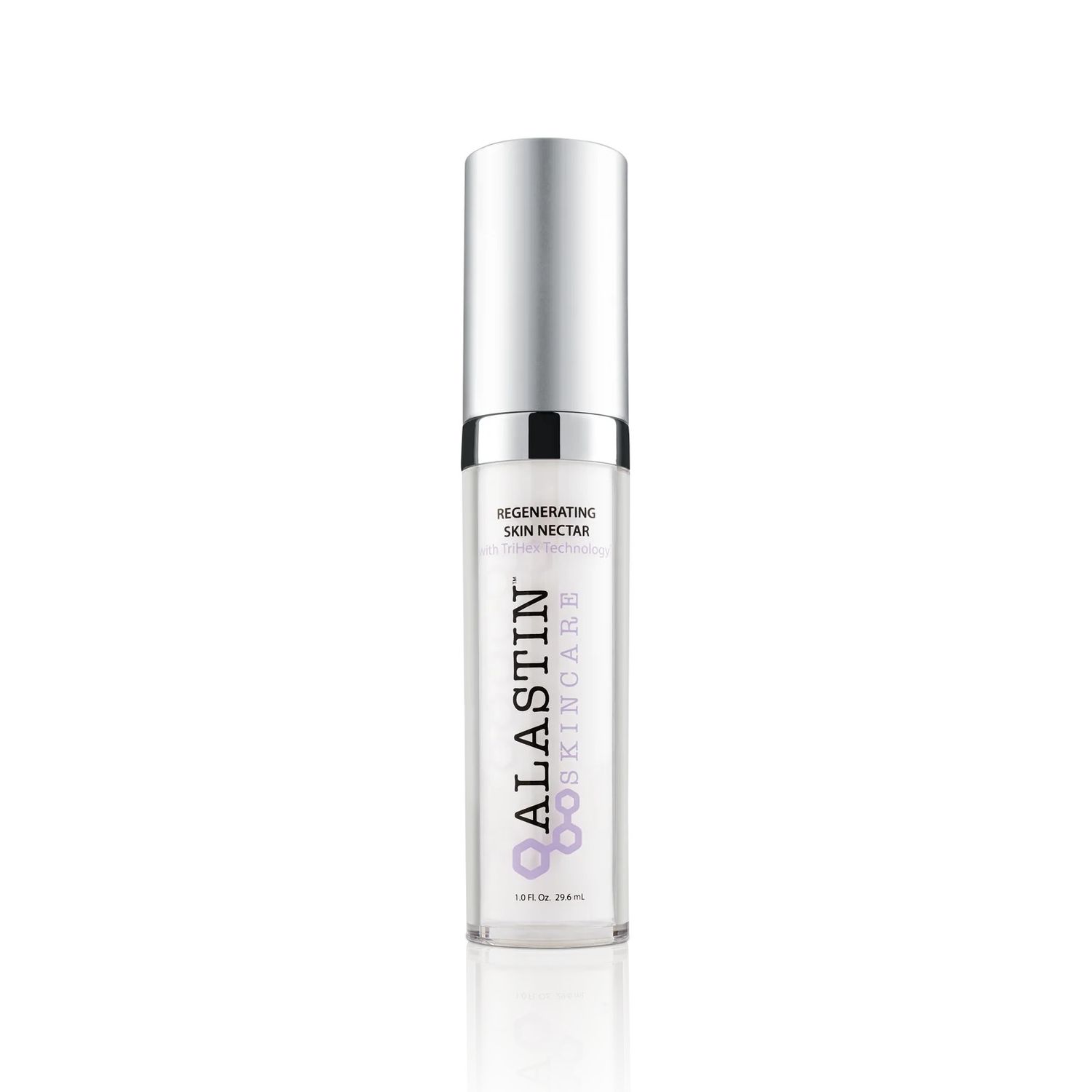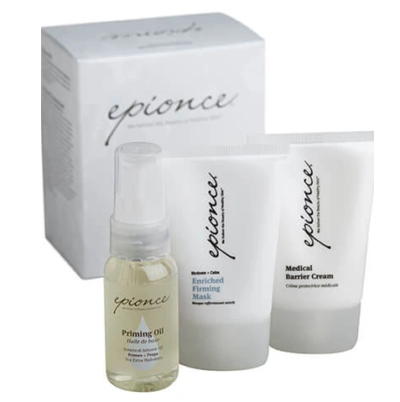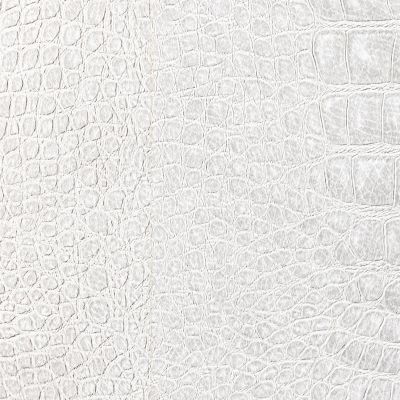Is Labiaplasty Right for You? A Guide to Costs, Benefits, and Realistic Expectations


Picosure laser tattoo removal is the latest technology to erase unwanted tattoos with better results, fewer treatments, and faster recovery.
1 of 39

Erase unwanted or badly-done tattoos with the most advanced PicoSure laser tattoo removal in Beverly Hills. At Nazarian Plastic Surgery, Dr. Sheila Nazarian, your Beverly Hills plastic surgeon, uses PicoSure laser technology, which effectively removes difficult tattoo inks and also treats previously treated tattoos. This latest technology in laser treatment offers fewer treatments, faster recovery time and better skin clearance. It removes tattoos in much less time than traditional tattoo removal machines.
Every skin is different and every tattoo is unique and contains different ink colors, depths, and volumes. No one can predict exactly how many sessions you will need. Some tattoo ink colors with titanium in them are more resistant to removal and may require many more sessions before a noticeable difference is realized. Luckily, most tattoos come off quickly and easily. But this is why it is so important to think twice before getting a tattoo with titanium-containing ink!
The PicoSure laser is considered the gold standard in laser tattoo removal. PicoSure technology delivers ultra-short pulses of thermal energy in picosecond to heat up and break apart tattoo inks that are easily eliminated by the body. PicoSure was developed by Cynosure after 13 years of research and development. Nazarian Plastic Surgery offers this advanced treatment options for tattoo removal and the best rates in Beverly Hills.
Most patients describe a PicoSure laser treatment for tattoo removal as being highly tolerable. After your session, laser gel will be applied to the treatment area. You will be advised to continue with the laser gel for the next week. While the chances of developing a blister are greatly reduced with the PicoSure laser, blisters can occur. The laser gel will help to keep the area moist and healing properly. There is really no downtime associated with the PicoSure laser. Once you walk out the door, you can return to your daily routine. Sun avoidance is required, however, until full healing has occurred.
It is possible for a tattoo to appear darker after laser treatment. One factor for this is that as soon as ink has been separated by the laser, the body’s immune system can flush the ink away inside or press it out externally. Pressing ink out externally permits the ink to appear darker sometimes. If you have light colors in your tattoo that might consist of traces of white ink, it is possible to see these lighter colors alter to a darker shade. This occurs as the white ink oxidizes and turns a grayish color. Have no worry. The brand-new color will certainly be treatable. It simply usually needs a mix of wavelengths to entirely eliminate the now darker color.


An enzyme-enhanced moisturizer reduces inflammation and itchy skin with its cooling sensation. This clear gel-based moisturizer stimulates your skin's healing process, helping reduce recovery time after procedures.

This proprietary formulation is designed to support the skin, before, during and after cosmetic procedures. This product works with the skin's natural regeneration process and assists in improving the skin's appearance. It can be applied immediately post-procedure for faster recovery and healthier looking skin. If you want to learn more about the best skincare for rosacea, check out our blog

Epionce Essential Recovery Kit is specially formulated to further the skin's healing process after invasive and non-invasive procedures, including treatments such as microneedling and laser treatment. The kit includes a trio of the brand's popular botanical-based products formulated specifically to restore the skin's barrier function.
Dr. Nazarian and her team’s goal with every procedure is to make you as comfortable as conceivably possible. For most surgical procedures, she likes her patients to increase their protein intake both before and after surgery. She has found that this really helps to jump-start your recovery so that you heal faster. She does not recommend dieting either before or after surgery. Medical-grade arnica, bromelain, and Vitamin K should also be started one month before surgery. These are available in the office.
If you want to make positive changes to your appearance while boosting your self-confidence, this is the right place for you. Nazarian Plastic Surgery has a team of highly experienced and caring professionals ready to help you achieve your goals. Our team includes a Board Certified Beverly Hills Plastic Surgeon, Registered Nurse, and Aestheticians who are committed to providing you the safest and best in plastic surgery and non-surgical procedures.
Finally, at Nazarian Plastic Surgery we have an on-site, state-of-the-art surgical facility, as well as modern and comfortable out-patient treatment suites. These added benefits help ensure that we meet our goal of achieving the most natural-looking and optimal results, while always keeping your safety first.

If you would like more information about this procedure, please call Nazarian Plastic Surgery at (310) 773-3039 or request a consultation today. Dr. Nazarian will discuss your options and help determine a procedure plan that is right for you and achieve your aesthetic goals.
Yes. It is possible for a tattoo to appear darker after your PicoSure laser treatment. Once the ink has been blasted by the laser, your body’s immune system needs to flush it out. This can happen internally, but the ink may also be pressed out externally. This is why sometimes the tattoo appears darker during the laser tattoo removal fading process.
If you have light colors in your tattoo, they often consist of traces of white ink. As the white ink oxidizes with treatment, it can turn a grayish color. The best case scenario with oxidized white ink is that more sessions will make it better. However, we can never predict if the grayish color will completely go away. For this reason, we recommend that you avoid tattoo removal if you have white ink, and don’t have the budget to keep getting treatments.
It depends. Every patient’s skin is singular. And every tattoo is unique, containing different ink colors, depths, and volumes. No one can predict exactly how many sessions you will need. Some tattoo ink colors contain titanium. This makes them much more resistant to tattoo removal lasers, including the PicoSure, and may require many more sessions before a noticeable difference is realized. Luckily, most tattoos come off quickly and easily. But this is why it is so important to think twice before getting a tattoo with titanium-containing ink!
No. We perform a numbing injection consisting of lidocaine and epinephrine to the area so you won’t feel anything during the procedure. Please let us know if you have a sensitivity to the numbing ingredients. Your skin may feel a bit “tight” afterwards.
The overall cost is going to depend on a number of factors such as the size of your tattoo, the colors and types of ink used and the color of your skin. To receive an estimate, fill out your information in the area provided on this page. I can promise that since the PicoSure is so fast, it is ultimately less expensive than the other tattoo removal lasers on the market.


